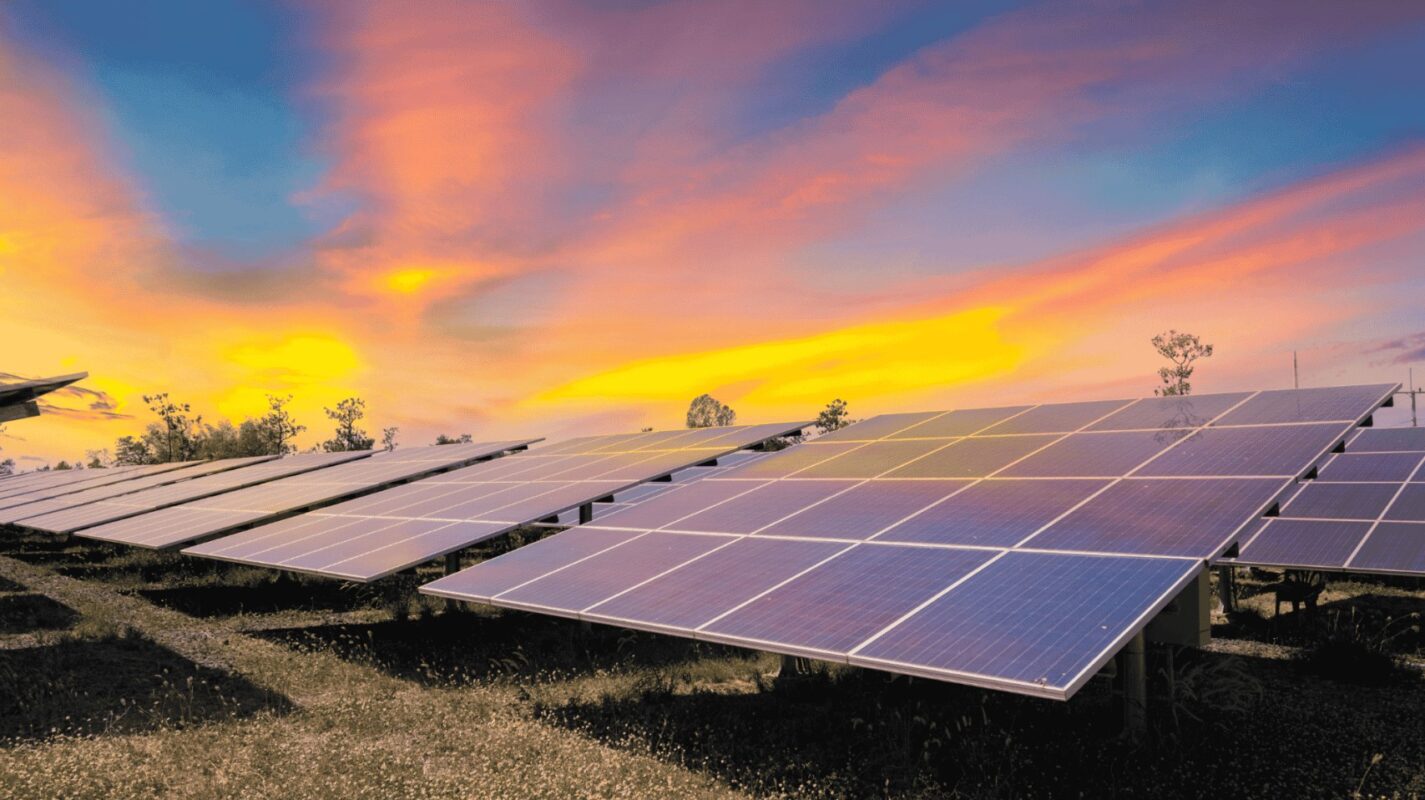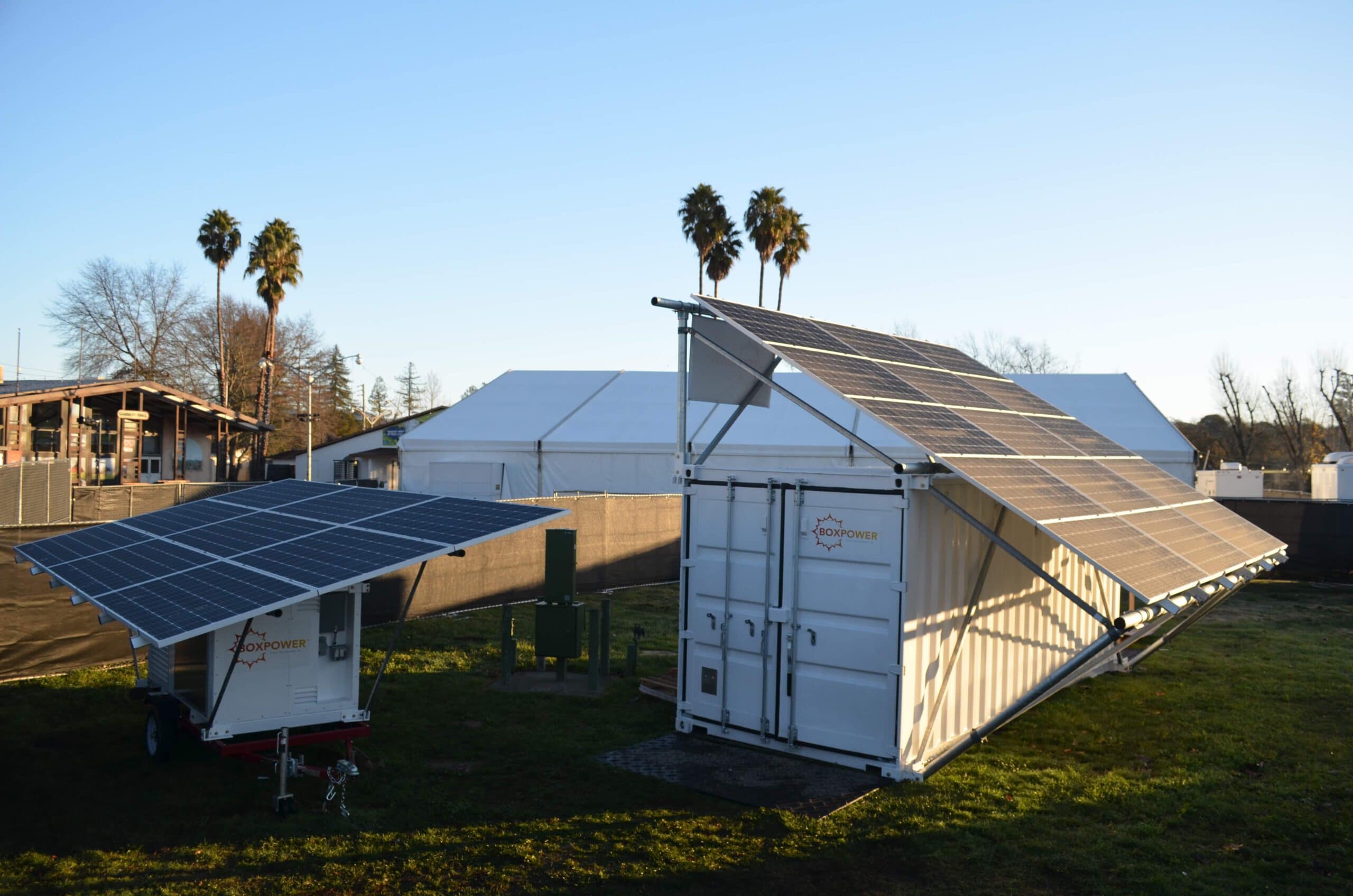In the modern world, we rely heavily on traditional energy sources such as oil, coal, and natural gas. However, these sources of energy are not sustainable in the long run, and they contribute significantly to environmental degradation.
Alternative energy sources offer a viable solution to these problems. This article explores some of the best alternative energy sources for survival, including solar, wind, geothermal, and hydropower.
As the world population grows, energy demand continues to rise. However, traditional sources of energy such as oil, coal, and natural gas are becoming increasingly scarce and expensive. In addition, the use of these fuels contributes to pollution and climate change.
To address these issues, alternative energy sources have emerged as viable options for powering our homes, businesses, and communities. These alternative sources of energy offer several benefits, including sustainability, affordability, and environmental friendliness.
Solar Energy

One of the most popular alternative energy sources is solar power. Solar panels convert sunlight into electricity, making them a clean and renewable source of energy. Solar panels can be installed on rooftops or in large-scale solar farms. Although solar panels can be expensive to install, the cost has been decreasing in recent years, making them more affordable for individuals and businesses.
Wind Energy
Wind energy is another popular alternative energy source. Wind turbines convert wind into electricity, making them a clean and renewable source of energy.
Wind turbines can be installed on land or offshore, and they can provide energy to homes, businesses, and communities.
While wind turbines can be expensive to install, they have a relatively low operating cost, making them a cost-effective alternative to traditional energy sources.
Geothermal Energy
Geothermal energy is a form of alternative energy that uses heat from the earth to generate electricity. Geothermal power plants use steam from underground to turn turbines, producing electricity.
Geothermal energy is a renewable and clean source of energy, and it can be used to power homes, businesses, and communities.
While geothermal power plants can be expensive to build, they have a low operating cost, making them a cost-effective alternative to traditional energy sources.
Hydropower
Hydropower is a form of alternative energy that uses the energy from moving water to generate electricity. Hydropower can be generated from dams, tidal waves, and ocean currents.
Hydropower is a renewable and clean source of energy, and it can be used to power homes, businesses, and communities.
While hydropower plants can be expensive to build, they have a low operating cost, making them a cost-effective alternative to traditional energy sources.
Biomass Energy
Biomass energy is a form of alternative energy that uses organic matter such as wood, crops, and waste to generate electricity. Biomass power plants burn organic matter to produce steam, which turns turbines, producing electricity.
Biomass energy is a renewable and clean source of energy, and it can be used to power homes, businesses, and communities. While biomass power plants can be expensive to build, they have a low operating cost, making them a cost-effective alternative to traditional energy sources.
Fuel Cells
Fuel cells are a type of alternative energy that uses hydrogen to produce electricity. Fuel cells are highly efficient and produce electricity without producing harmful emissions.
Fuel cells can be used to power homes, businesses, and vehicles. While fuel cells can be expensive to install, they have a low operating cost, making them a cost-effective alternative to traditional energy sources.
Energy Storage
One of the challenges of alternative energy sources is that they can be intermittent. For example, solar and wind power are only available when the sun is shining or the wind is blowing.
To overcome this challenge, energy storage technologies have emerged, allowing energy to be stored and used when needed. Energy storage technologies include batteries, flywheels, and compressed air energy storage systems.
Batteries
Batteries are a popular energy storage solution for alternative energy systems. Batteries can store energy generated from solar, wind, or other alternative energy sources and can be used to power homes, businesses, and vehicles.
Advances in battery technology have made batteries more affordable and efficient, making them a cost-effective energy storage option.
Flywheels
Flywheels are another energy storage solution for alternative energy systems. Flywheels store kinetic energy in a spinning rotor, which can be converted to electricity when needed.
Flywheels are a relatively new technology and are still being developed, but they offer the potential for fast charging and discharging, making them an ideal energy storage solution for high-power applications.
Compressed Air Energy Storage
Compressed air energy storage (CAES) is an energy storage technology that compresses air and stores it in underground caverns. When energy is needed, compressed air is released and used to generate electricity. CAES is a relatively new technology and is still being developed, but it offers the potential for large-scale energy storage, making it an ideal energy storage solution for utility-scale applications.
Microgrids

Microgrids are local energy systems that can operate independently from the main power grid. Microgrids can be powered by alternative energy sources such as solar, wind, or biomass, and can be used to power homes, businesses, and communities. Microgrids offer several benefits, including reliability, sustainability, and cost-effectiveness.
Conclusion
In conclusion, alternative energy sources are crucial for our survival, and their adoption is essential to address the challenges posed by climate change and the depletion of non-renewable resources.
Renewable energy sources offer a sustainable and environmentally friendly solution to our energy needs, reducing our reliance on fossil fuels and minimizing greenhouse gas emissions.
The development and deployment of these energy sources can lead to economic benefits and improved energy security, making it a wise investment for individuals, businesses, and governments alike.
It is imperative that we continue to explore and invest in alternative energy sources to ensure a sustainable future for ourselves and future generations.
